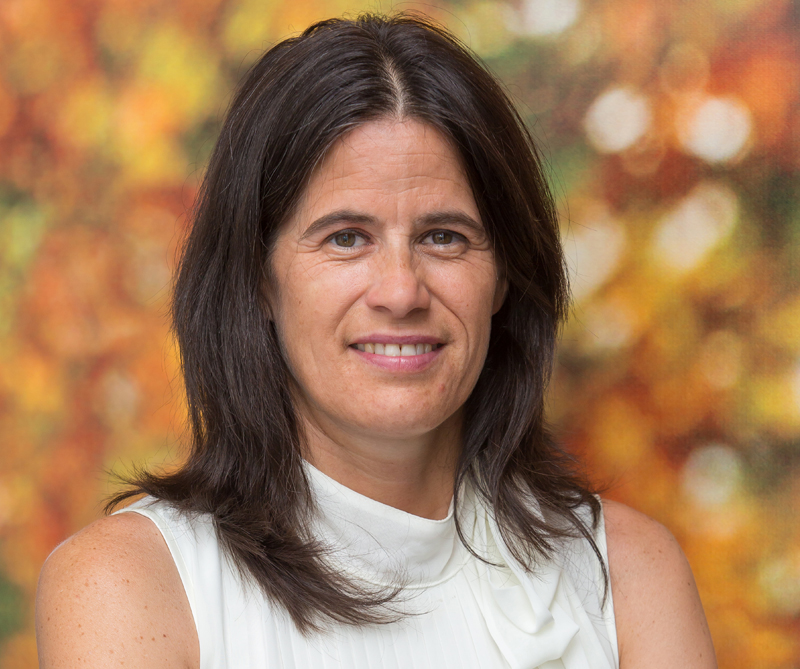The doctorate is the highest academic Degree awarded by a university. Through the doctorate, a student learns to do research in a science, and the degree scroll doctoral degree integrates him/her into the academic community. In the doctoral program in Education and Psychology you will be able to carry out (under the supervision of one or two directors) a doctoral thesis in some area of the Education or Behavioral Sciences. In this website you will find the most relevant information. If you want to know more, please contact us at ipelecum@unav.es.
The organization of doctoral program since its implementation in our Center has always had a coherence in its objectives. The general and specific objectives of doctoral program in Education and Psychology are:
-
To train new researchers in the various fields of the Sciences of the Education.
-
Create and strengthen teams of professors and doctoral students working along the lines of research and well-defined fields of interest.
-
promote the training of new university teachers of the various subjects that make up the Sciences of the Education, paying special attention to those skills and competencies of a university professor .
-
CB11 - Systematic understanding of a field of study and mastery of the skills and methods of research related to that field.
-
CB12 - Ability to conceive, design or create, put on internship and adopt a substantial process of research or creation.
-
CB13 - Ability to contribute to the expansion of the frontiers of knowledge through an original research .
-
CB14 - Ability to carry out critical analysis and assessment and synthesis of new and complex ideas.
-
CB15 - Ability to communicate with the academic and scientific community and with society in general about their fields of knowledge in the modes and languages commonly used in their international academic community .
-
CB16 - Ability to promote, in academic and professional contexts, scientific, technological, social, artistic or cultural progress within a society based on knowledge.
-
CA01 - Perform in contexts where there is little specific information.
-
CA02 - Find the key questions to be answered to solve a complex problem.
-
CA03 - Design, create, develop and undertake novel and innovative projects in their field of knowledge.
-
CA04 - Work both in a team and autonomously in an international context or multidisciplinary.
-
CA05 - Integrate knowledge, deal with complexity and make judgements with limited information.
-
CA06 - Intellectual critique and defence of solutions.
The Academic Committee of the Program is formed by:
-
Prof. Dr. Carolina Montoro, Assistant Director of the School of doctorate of the University of Navarra.
-
Prof. Dr. Jesús de la source Arias, Associate Dean of research of School of Education and Psychology.
-
Prof. Dr. Sara Magallón Recalde, Coordinator of doctoral program.
To contact the Program, please write to:
-
Idoya Pérez Lecumberri: ipelecum@unav.es
INFORMATION AND CONTACT
Idoya Pérez
ipelecum@unav.es
University Campus
31009 Pamplona, Spain
+34 948 42 56 00 | Ext: 802230
Contact
